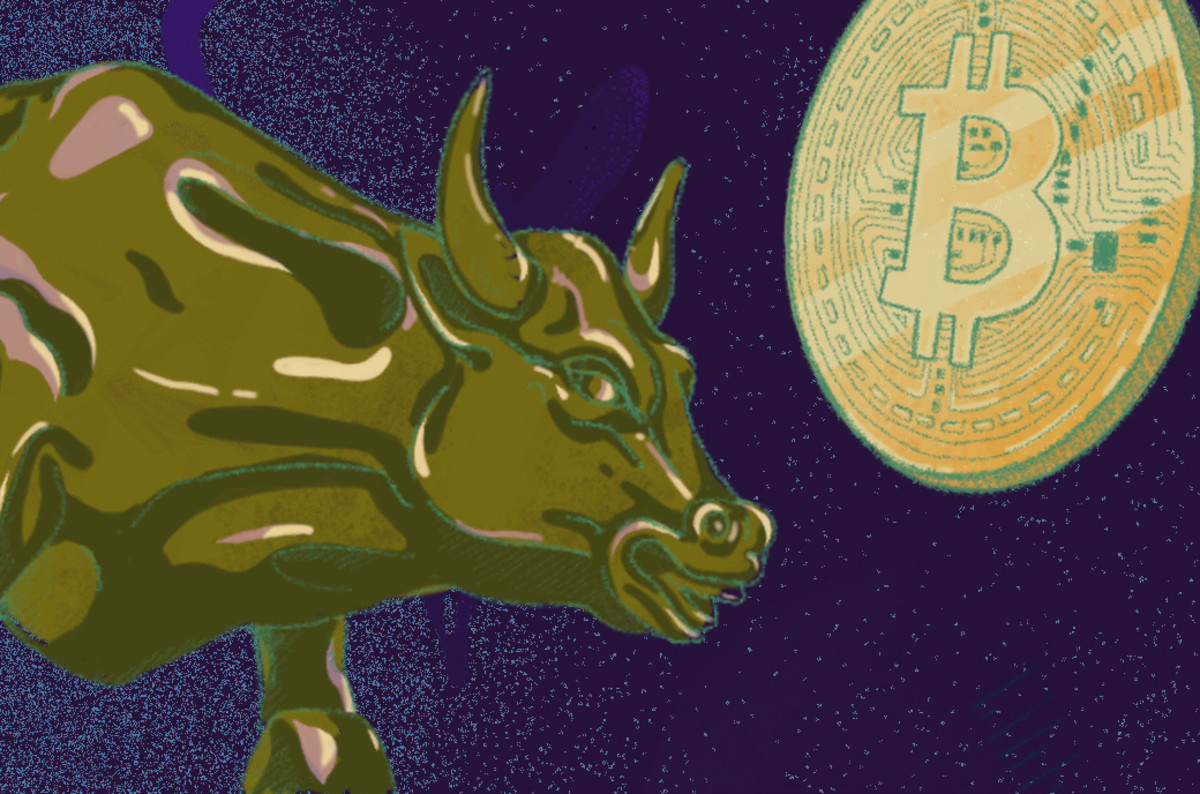Yesterday, I had a strong feeling that a new institution was going to announce that it is adopting bitcoin as its treasury reserve asset today and early this morning, my prediction came true.
This morning, a subsidiary of Norwegian holding company Aker, Seetee, announced that it had accumulated 1,170 BTC and that it will be investing in Bitcoin-focused companies. One can assume that those bitcoin are now tucked away in deep cold storage as it plans to HODL for the future. At the end of its tweet thread announcement, Seetee linked to a shareholder letter written by its billionaire founder Kjell Inge Røkke, explaining why it has decided to adopt a Bitcoin standard. And, oh boy, is it bullish.
After reading the letter myself and discussing the content with some colleagues, we came to the conclusion that this has to be the most bullish article written so far this year. This is the type of content that Bitcoiners have dreamed of seeing, a letter from a billionaire on why bitcoin is important and how his team can build a brighter future for their company by operating on a Bitcoin standard.
Below are three of my most bullish takeaways from the letter with some explanation of why they’re so important:
1. The steep learning curve to understanding Bitcoin has repelled many, allowing for the strong and determined to rise to the top and grasp it, while accumulating it. One of the reasons for this is because many are not taught about the monetary properties of money that make it valuable. They see money only as a medium of exchange so naturally, they unconsciously reject Bitcoin because it completely breaks their worldview.
“You can only challenge preconceived ideas when you are willing to go outside of your comfort zone,” Røkke wrote. “Bitcoin has inspired us to challenge our intuitive understanding of money.”
As Røkke explains, his company also had its personal beliefs about money challenged by Bitcoin. This is great confirmation bias to see, as after all the plebs on Bitcoin Twitter realized Bitcoin is a great teacher on money and economics, billionaires are seeing this as well. And if all of us are understanding this, then it’s only a matter of time before the rest of the world does as well.
2. Røkke has a whole section dedicated to explaining why "not investing is the riskiest decision" when it comes to the question of “should I buy bitcoin or not?” The importance of this section cannot be underestimated because not having a position in bitcoin is having a position in bitcoin. And it’s not a position you’d want to take.
Bitcoin is money, and there are consequences to holding money that is less hard than the hardest money. Because BTC was the best-performing asset of the last decade, bitcoin’s value has risen astronomically while every other asset in the entire world lost value against it. As more figure this out, it tends to light a fire underneath them and motivate them to accumulate more bitcoin. Because at that point, you realize how short on bitcoin you really are.
3. Today, most young entrepreneurs and investors seem to have had “minimize risk” and “don’t take unnecessary risks, always play it safe” beaten into their heads. The “always play it safe” part is a horrible thing to teach people who aim to be successful. Because while you don’t want to put yourself in a potentially awful position if things go wrong, you may just miss out on many fantastic opportunities from which you can benefit.
"Young professionals know they are risking their careers if they say yes to what eventually becomes bad investments. That’s the name of the game. What you should really get fired for is saying no and losing out to once in a lifetime opportunities"
Bitcoin is so much more than a once-in-a-lifetime opportunity, it’s a once-in-a-species opportunity. While many haters debate and claim that bitcoin is going to zero, the opportunity cost of missing out on this investment is too good to miss out on. I’ve personally seen many dismiss buying bitcoin while saying “I would never buy bitcoin, let alone put all of my wealth into it.” To which I’m sure bitcoiners of all backgrounds would respond, “And that is why no one will remember your name.”











